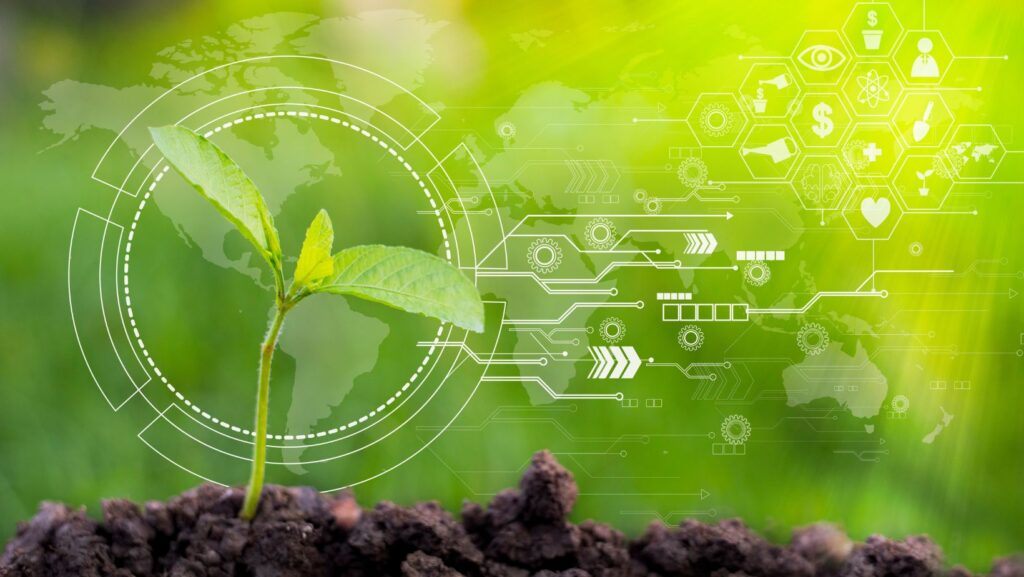Here are some expert tips on how artificial intelligence (AI) is transforming nearly every industry. AI has redefined possibilities across many professions, empowering companies and individuals to reach new levels of business excellence. This progress is driven by AI’s role in enhancing modernization, boosting productivity, and much more.
One industry in which AI has aided is agriculture. Some would say integrating AI into the agricultural field has become crucial. It has transformed traditional farming approaches into more efficient methods. Farmers can now combat challenges and make the most of opportunities to grow their businesses and land.
There are many ways that AI has changed agriculture but this article will uncover three of the most common aspects, which affect irrigation systems, security, and crop health.
Optimizing Irrigation Systems and Pest Management
Farmers can use AI to predict weather patterns and then alter irrigation schedules suitably. This reduces the need for manual irrigation adjustments as forecasted by the weather, allowing farmers to prioritize other tasks. Systems can also be put in place to monitor the levels of moisture in the soil and supply water to the crops as required. By using AI automation in this way, the agricultural industry will improve crop yields and reduce the amount of water used.
AI can also be used to predict pest forecasting. It achieves this by combining agricultural phenology, meteorological patterns, and pest lifecycles

. To work successfully, the prediction models use historical and real-time data. The systems based on artificial intelligence can recognize the best methods for controlling pests. It can also monitor the populations of pests and offer warnings of potential issues ahead of time.
Improving Farm Surveillance
Farming can be a vulnerable industry at times. It is crucial to remember that farmland is often more than just a home; it is also a business that can be targeted by thieves and vandals. Not only because of the valuable assets, but farms are commonly remote, which can attract criminals. With this in mind, it is no surprise that roughly 81% of farmers have been the victim of farm crime.
However, AI has enabled farmers to protect their assets, crops, and livestock with real-time monitoring. This is achieved by the use of advanced computer systems that have been powered by AI, which can detect threats and allow 24/7 surveillance. For farm staff, this technologycan change the way they work, allowing them to respond to intrusions and other incidents.
Using Drones to Monitor Crop and Soil Health
While farmers once had to walk their land to monitor its health, aerial imaging can be captured by drones.

This technology can be utilized to fly above the farm and its fields, showing a complete view. The drones can also collect information that AI algorithms examine to determine the crops’ health. As expected, this can simplify the work schedule of farming staff.
Despite being almost invisible to the farmer’s eye, artificial intelligence can notice changes in aerial images of the farm. This could include the changes in the crops’ color, and the farmer can intervene if this problem is caught early enough.
With these three aspects of farming benefiting from artificial intelligence, it is clear that AI has changed the industry for the better.


